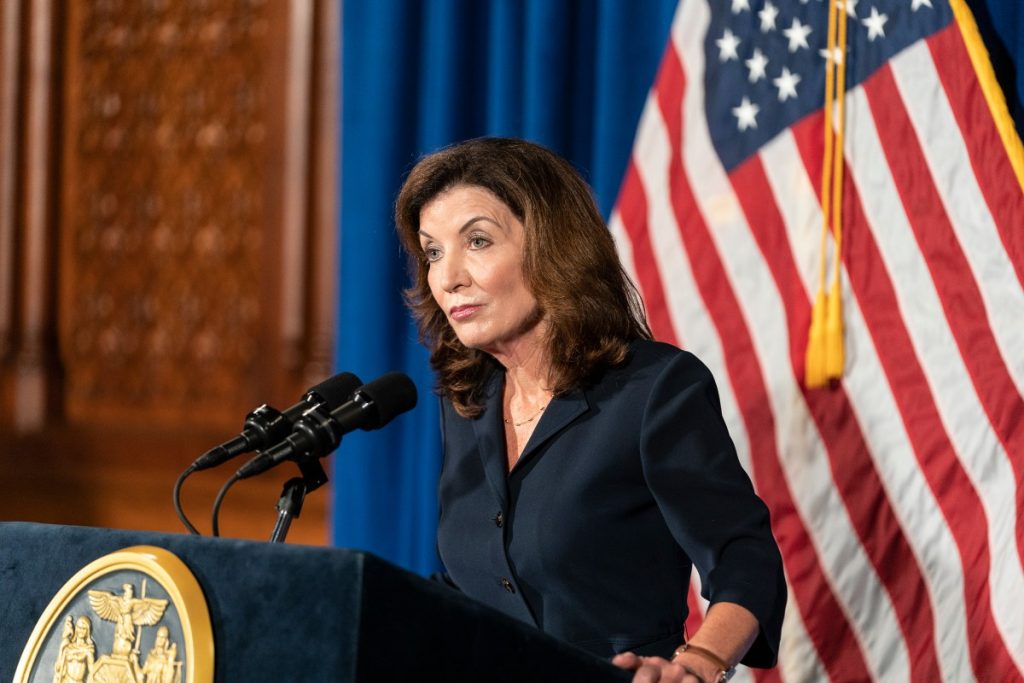As technology advances at a breakneck pace, so do the complexities and ethical concerns surrounding artificial intelligence (AI). In a bold move, New York state lawmakers recently passed the RAISE Act, a legislative initiative aimed at ensuring the safety and accountability of frontier AI models developed by major players in the industry like OpenAI, Google, and Anthropic. This bill represents a pivotal response to growing safety concerns regarding the potential risks posed by advanced AI systems, particularly those that could lead to catastrophic events resulting in significant loss of life or economic damage.
Legislative Goals of the RAISE Act
The RAISE Act is designed to impose transparency and safety standards on the world’s largest AI laboratories. More specifically, the bill mandates that companies whose AI models were trained using over $100 million in computational resources must publicly disclose comprehensive safety and security reports concerning their AI endeavors. It also requires these companies to report any safety incidents, including unauthorized access to AI models or problematic behaviors exhibited by their systems. Should they fail to meet these standards, the RAISE Act grants New York’s attorney general the authority to impose civil penalties of up to $30 million.
NY State Senator Andrew Gounardes, a co-sponsor of the bill, emphasized the urgency of establishing such regulations. “The window to put in place guardrails is rapidly shrinking given how fast this technology is evolving,” he stated. His concerns echo those of other AI experts like Nobel laureate Geoffrey Hinton and AI pioneer Yoshua Bengio, who have increasingly advocated for some form of regulation in light of the technology’s potential dangers.
The RAISE Act aligns itself with similar efforts such as California’s AI safety bill, SB 1047, although Gounardes has made it clear that he designed it to avoid stifling innovation—a common critique of its Californian counterpart, which was eventually vetoed. Unlike SB 1047, the RAISE Act does not mandate a “kill switch” for AI models, aiming to address concerns that regulations may hinder research and development within the sector.
Response from the Tech Industry
Reactions from the tech community have been mixed. While safety advocates have welcomed the initiative, many Silicon Valley figures have voiced their opposition. Anjney Midha, a general partner at Andreessen Horowitz, remarked on social media, “The NY RAISE Act is yet another stupid, stupid state level AI bill that will only hurt the US at a time when our adversaries are racing ahead.” His sentiments reflect a broader apprehension among tech leaders that such regulations could impede the competitive edge of American companies in the global AI landscape.
Interestingly, while prominent AI firms like OpenAI and Google chose not to comment on the legislation, Anthropic—known for its safety-centric approach—has been more circumspect. Co-founder Jack Clark expressed unease over the bill’s broad scope, suggesting it may inadvertently affect smaller companies. However, Gounardes countered this criticism by explaining that the legislation is specifically designed not to burden smaller developers, focusing instead on the largest AI players whose impact is substantial enough to justify regulatory oversight.
Implications for AI Development
The passage of the RAISE Act could have far-reaching implications for AI development, particularly in how businesses operate within New York—a state with the third-largest GDP in the United States. Assemblymember Alex Bores asserted that the regulatory requirements of the RAISE Act are relatively light and should not deter AI companies from making their models available in New York. “I don’t want to underestimate the political pettiness that might happen, but I am very confident that there is no economic reason for [AI companies] to not make their models available in New York,” he explained.
However, skepticism remains regarding whether major AI firms might choose to eschew the state altogether in response to these regulations. Critics of similar measures have cited instances in Europe, where strict regulations have led to companies pulling their advanced models from the market, creating gaps in available technology. This concern raises essential questions about the balance between ensuring safety and fostering innovation in a rapidly evolving field.
Future of AI Regulation
The growing discussion around AI safety regulation is indicative of a broader shift in how governments and institutions view the technology’s potential risks. International efforts for standardized regulations are increasingly being called for, with some experts advocating for a unified federal approach rather than a patchwork of state laws. As the landscape of AI technology continues to evolve, the implications of the RAISE Act will serve as a benchmark for future legislative efforts across the country. With the bill now awaiting the signature of Governor Kathy Hochul, the outcome could shape the dialogue on AI regulation for years to come.
Quick Reference Table
| Aspect | Details |
|---|---|
| Bill Name | RAISE Act |
| Key Sponsors | Senator Andrew Gounardes, Assemblymember Alex Bores |
| Penalties for Non-compliance | Up to $30 million |
| Companies Targeted | AI labs training models with >$100 million resources |
| Current Status | Awaiting Governor’s signature |
| Main Concerns | Innovation impact, safety of advanced models |

